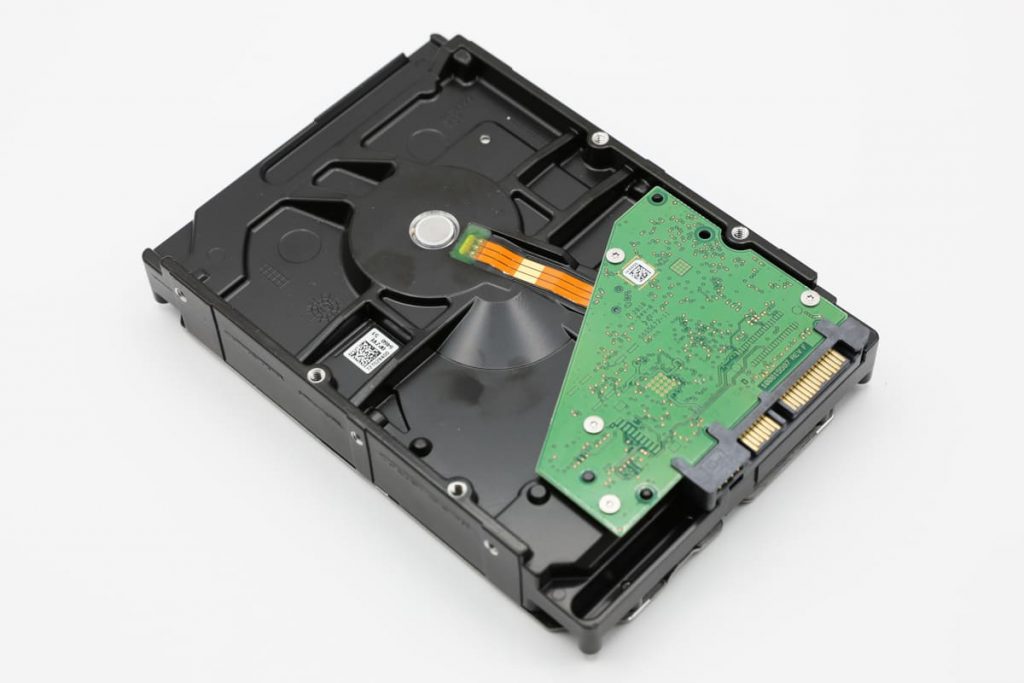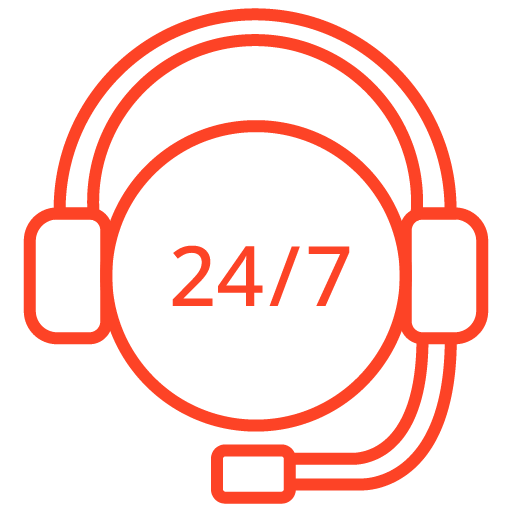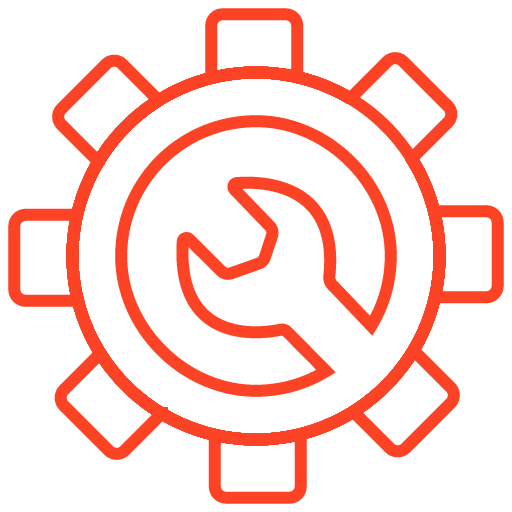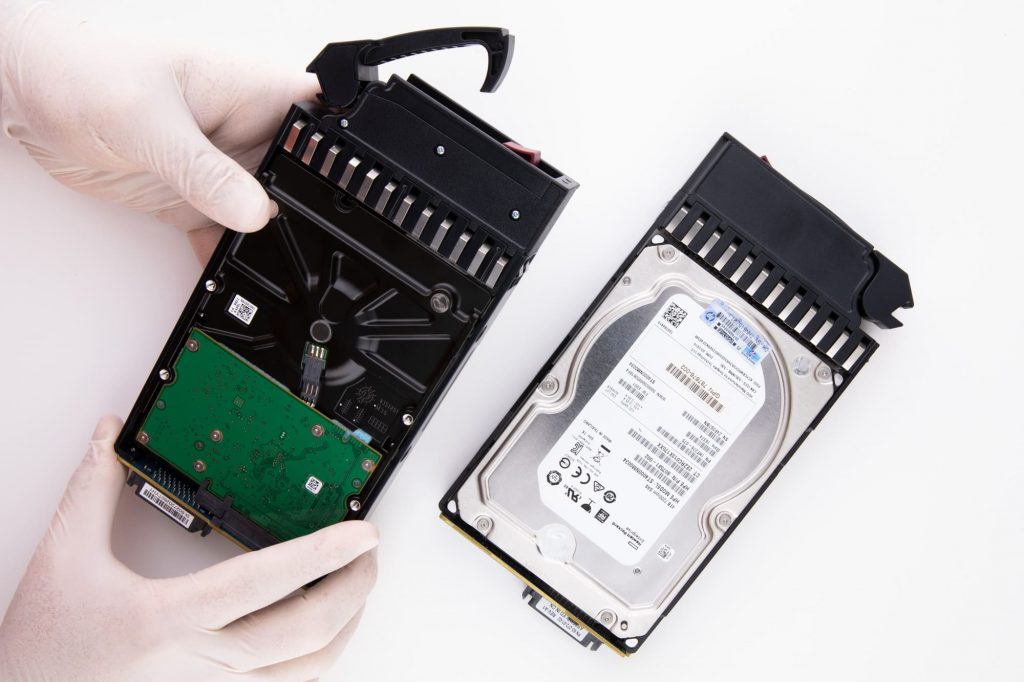A hard drive is the basis for each data storage system. People entrust all their digital information to hard disks and solid-state drives. This device is used in a computer, server, NAS storage, and other media.
Nevertheless, these dependable devices are exposed to failures, leading to severe problems for the user. Files’ inaccessibility is one of the most severe complications of hard drive malfunction.
It is essential to recognize critical signs of failure on a hard drive. This way, you can swiftly manage the situation and not make everything worse.
Hard Drive Failure Signs
Slow Performance
Usually, a hard drive operates and processes the data swiftly, without any preventions. Nevertheless, the speed of a hard drive changes when something is wrong with the device.
Unusual Sounds
When something is wrong with n internal components of a hard drive, you can hear strange noises. Clicking, grinding, and whirring are other signs that something is wrong.
Corrupted Files
If the attempt to open a document fails, your hard drive faces a problem opening files for you. Storing and accessing data is the primary function of drives, so when it can not be done, you face a malfunction.
Unrecognized Drive
To use an external hard drive on the computer, a user usually connects it via a port. However, if the device is not detected on a desktop or laptop, you face a physical or mechanical failure on your hard disk drive.
Blue Screen of Death
Several signs of failure can stay unnoticeable, but BSoD is impossible to miss. Blue Screen of Death, or BSoD, is considered one of the most severe failure errors, and it is advisable not to ignore it.
S.M.A.R.T. Status
S.M.A.R.T. is a unique system designed to provide a user with internal status monitoring. If you have a suspicion regarding the hard drive, you can always check the state of your drive in S.M.A.R.T.
As soon as you see abnormal behavior from your internal or external hard drive, it is essential to act fast, not to damage the device more.
What to Do If Hard Drive is Failing?
The first step when facing any signs of hard drive failure is powering it down. Continuing to operate the device can cause more damage when the malfunction occurs due to physical damage. Continuing to use the drive after a failure can cause permanent data loss, so turning off the device without restarting it is a beneficial action.
A user needs to understand whether a data loss was logical or physical. This way, you will understand what to do with your device and which steps you should definitely avoid taking.
Do not Use Data Recovery Software.
The Internet is full of various data recovery programs, guaranteeing to recover data from a logically damaged hard drive.
Nevertheless, recovery is a process, which does not take any chances, so if you use data recovery software, the further restoration will become more complex.
In addition, installing and downloading an unverified program on your device is hardly beneficial for the data corruption situation. Not only will you overwrite your data, but you will also insert malware on the sensitive hard drive. Thus, we do not recommend using any programs that can put your valuable data at risk.
Do not Repair the Device.
When a physical failure on a hard drive occurs, many users assume that fixing the device will solve other problems. However, opening the device and replacing broken components can cause more harm than good.
Many hard drives have an individual structure, so all the components are unique, and a new working element will not suit the system. Another problem with this method is that the failure issue can be more profound, and working on the coverage of the problem will not solve anything.
Moreover, opening the hard drive in unspecialized facilities is risky, as you can damage the drive's internal components.
Instead of restoring the data yourself, it is always better to entrust it to professionals. Therefore, if you suspect something is wrong with your device, take a closer look at it. Paying attention to such details and noting each error message on your drive is essential.
In addition to all the failure symptoms, it is also helpful to provide data recovery experts with the details regarding your device. Its type, brand, model, year of issue, and storage capacity are essential when dealing with data loss.
Facing hard drive failure can be stressful and complicated, but fixing a corrupted hard drive yourself is not a safe choice.

Instead, send your data storage device to PITS Global Data Recovery Services. Our engineers have years of experience in the recovery field and will make sure that all the high-priority data is successfully restored.
We care about our clients and do everything to achieve the maximum result. With this, we have supported a 99% success rate for years.
Choose PITS Global for a Failing Hard Drive
PITS Global Data Recovery Services provides professional solutions to restore access to your valuable files on a hard drive. Our technicians use advanced tools and modern methods to work on external and internal hard drives.
Benefits of Using Our Services:

If you’re facing a data loss situation, don’t hesitate to contact us. Our 24/7 data recovery services are available to you, 365 days a year. Let us help you recover your precious data today.

We start the recovery process with a risk-free evaluation. Our technicians estimate reasons for data loss and the level of damage. Based on it, we select the most suitable recovery strategy.

With years in the data recovery industry, our company supports the highest customer satisfaction rate. We do everything to provide a positive experience for our clients.

During our remote customer file verification session, you will thoroughly review all necessary documents and records to ensure accuracy and compliance.

We offer data recovery services from over 50 locations across the US. This means that no matter where you are located, you can access our services to recover the data.

With our certified data recovery services and 99% success rate, we are confident that we can recover your precious data and get you back up and running in no time.
Our company’s goal is to provide our clients with reliable solutions. We work on physically damaged devices in ISO Certified Class 10 Cleanroom to perform the safest recovery process. This way, we ensure that no damage to your drive is done.
Using cutting-edge technologies, we also perform data recovery from logically damaged internal and external drives. Our team aims to provide the customers with the highest results regardless of the data loss scenario.
Start your case with our highly-qualified technicians by calling our customer service line or filling out the below form.
Frequently Asked Questions
What are the signs of a failing hard drive?
Some common signs of a failing hard drive include slow performance, frequent crashes or freezes, strange noises coming from the drive, and error messages when trying to access files or programs.
What should I do if I suspect my hard drive is failing?
If you suspect your hard drive is failing, it’s important to back up any important data immediately. You should also consider replacing the drive or seeking the help of a professional to diagnose and fix the issue.
How can I prevent hard drive failure?
To prevent hard drive failure, it’s important to regularly back up your data and keep your computer clean and free of dust. You should also avoid exposing your computer to extreme temperatures or physical shocks. Additionally, consider using a surge protector to protect your computer from power surges.
Can a failing hard drive cause other problems with my computer?
Yes, a failing hard drive can cause other problems with your computer, such as slow performance, freezes, and crashes. It can also prevent you from accessing important files and programs.
How long do hard drives typically last?
The lifespan of a hard drive can vary depending on factors such as usage, quality, and environmental conditions. However, most hard drives last between 3-5 years on average.
What causes hard drives to fail?
Hard drives can fail due to a variety of reasons, including physical damage, overheating, power surges, and software issues. They can also fail due to wear and tear over time.
Can I replace a failing hard drive myself?
If you have experience working with computer hardware, you may be able to replace a failing hard drive yourself. However, if you’re not comfortable doing so, it’s best to seek the help of a professional to avoid causing further damage.
